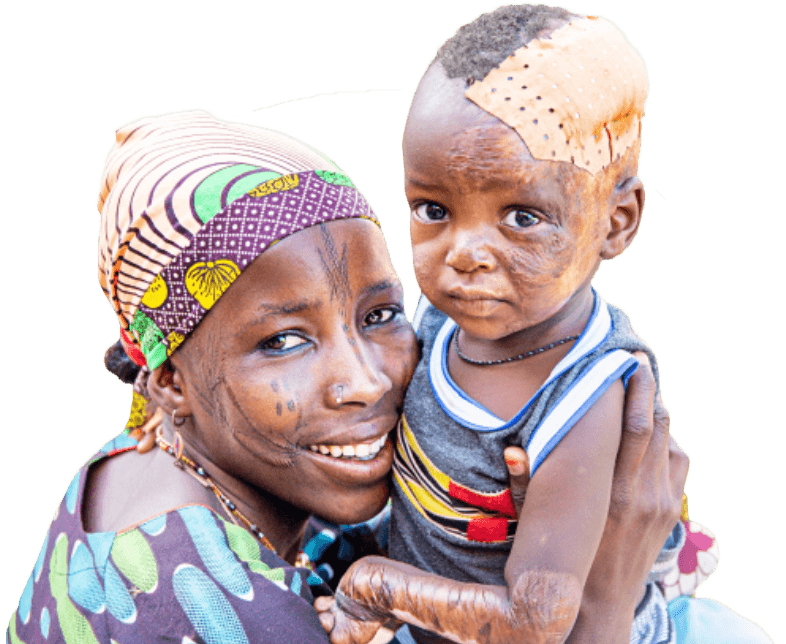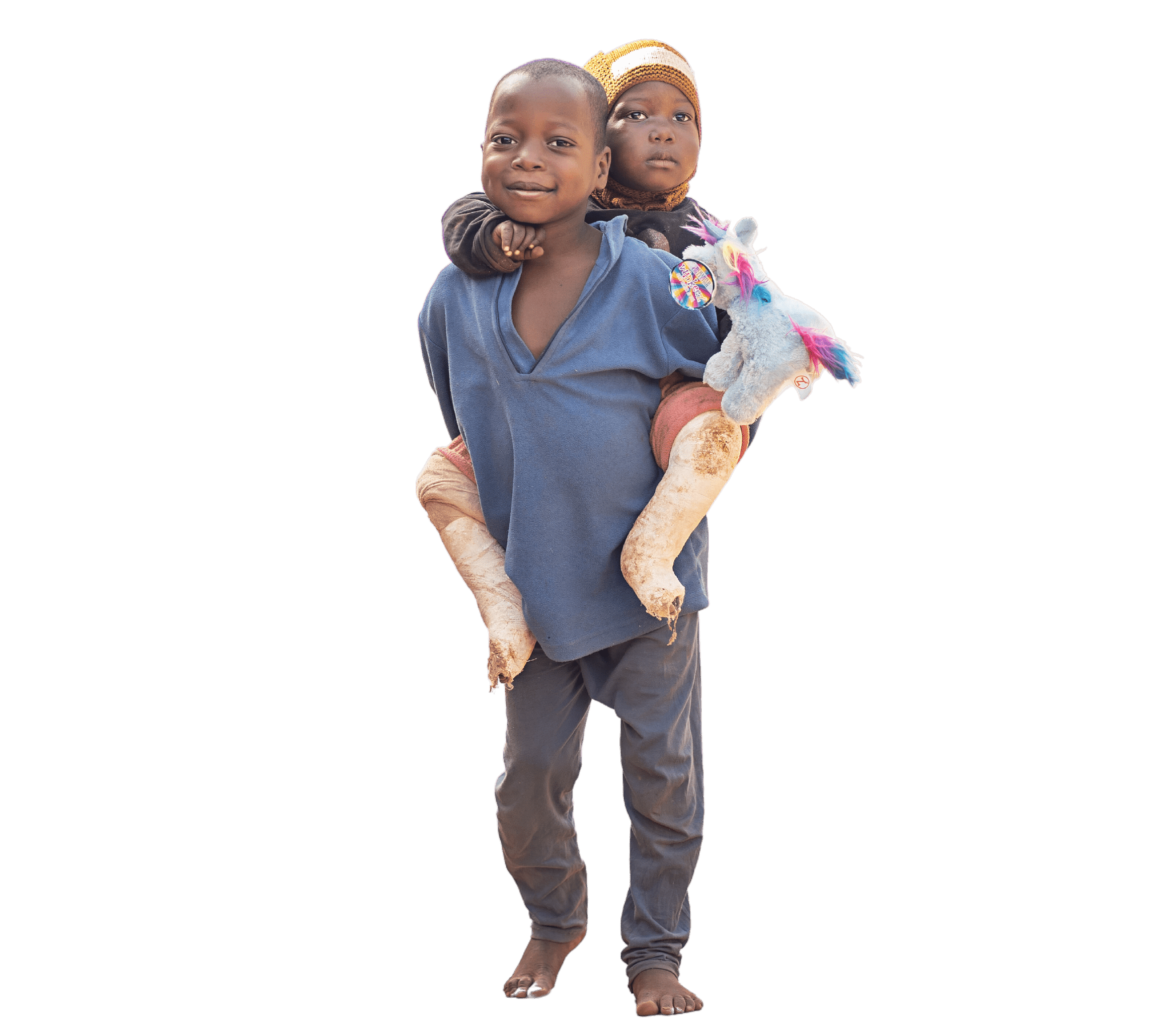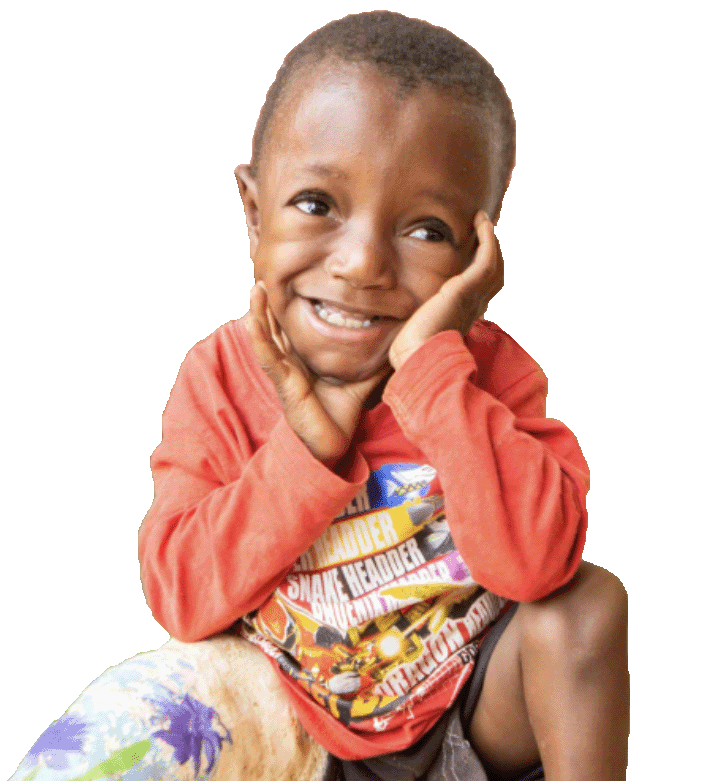Niger is, unfortunately, a regularly overlooked country hidden on the southern edge of the Sahara desert. It’s often mistaken for its bigger neighbor to the south, Nigeria, but pay attention, and you might be surprised by this gem. For centuries, Nigeriens have been carving out lives for themselves in one of the harshest environments on the planet, the Sahara Desert. They’ve been camel caravan traders connecting West Africa to North Africa, the Middle East, and Europe. They’ve been artisans shaping the precious metal reserves into fine jewelry, and they’ve been farmers coaxing life out of the sandy, dry ground.
But Niger is more than just desert. There are beautiful hidden desert oases sprinkled through the north and a lush swath of land and marsh bordering the Niger River. The southeast hosts many of the country’s national parks and is home to majestic wildlife such as lions and elephants. Niger is also home to the last two herds of West African Giraffes in the world.
Despite the abundant natural beauty, Niger is a difficult country in which to live. A majority of the population are small-scale farmers whose lives and livelihoods are regularly thrown into peril by devastating droughts. There have been three major droughts in the last two decades alone, each one causing both shocking hikes in food prices and a dramatic loss of jobs.
On top of this, Niger has been battling multiple terrorist organizations seeking to establish bases for themselves in the barren and hard-to-police countryside. These groups disrupt development and aid programs while creating fear, which further prevents people from taking advantage of available resources. Children like Abdoul, whose parents knew that CURE Niger could treat Abdoul’s burned hand, couldn’t make the journey to the hospital due to Boko Haram targeting people on the roads in their region.
With regular droughts and the constant threat of insurgency, the Nigerien government has its hands full. They do their best running a network of hospitals and medical centers around the country, but the resources just aren’t there to establish a robust healthcare system to treat the ever-growing needs of one of Africa’s fastest-growing populations with an average of 7.4 children per woman. Adding to the difficulty is that Niger is victim to “brain drain,” where many of the best and brightest doctors end up leaving the country in pursuit of higher-paying jobs abroad.

CURE conservatively estimates that 665,000 Nigerien children are living with treatable disabilities. In a country where there are only four doctors for every 100,000 people, and only a fraction of these are orthopedic surgeons, the vast majority of these children will never get the relatively simple surgeries they need to remove their disabilities and alleviate their suffering.
That is 665,000 children just like Ibrahim, burned when sleeping near his family’s fire for warmth. During the night, a gust of wind blew a spark onto his pants setting them on fire. Ibrahim’s aunt extinguished the flames but not before Ibrahim’s right leg was badly burned. Ibrahim was rushed to the local hospital, but the proper medical resources were not available, and Ibrahim’s leg healed incorrectly. The melted skin around his knee healed in a way that connected this skin to his thigh, forcing his leg into a permanently bent position. For years, Ibrahim lived without the ability to move his knee. He got around using his one good leg and a trusty stick. Thankfully, a CURE Niger pastor partner met Ibrahim and facilitated his journey to our hospital, where Ibrahim’s burn contractures were released, and both his leg and future were transformed!
While Ibrahim has a success story, there are thousands more Nigerien children needlessly suffering from treatable disabilities and just waiting. Honestly, it’s an impossible number, but we believe in a God who walks on water and who heals the sick. We believe in a God who regularly does the impossible and asks us to follow him. While God asks us to do the impossible, he doesn’t ask us to do it alone. From the very beginning, God has intended us to be in community with each other. God never intended us to attempt the impossible alone, but together. Will you come into community with us to provide healing to the children of Niger?
About the CURE Children’s Hospital of Niger
CURE Niger has been a place of hope since opening its doors in 2010. Ours is the first and only hospital in the country to provide Christ-centered care and charitable surgeries for children with treatable disabilities. Our teaching hospital has 58 beds, two operating rooms, and an outpatient clinic. In addition to world-class medical care, our team ministers to the emotional and spiritual needs of our patients and their communities.


